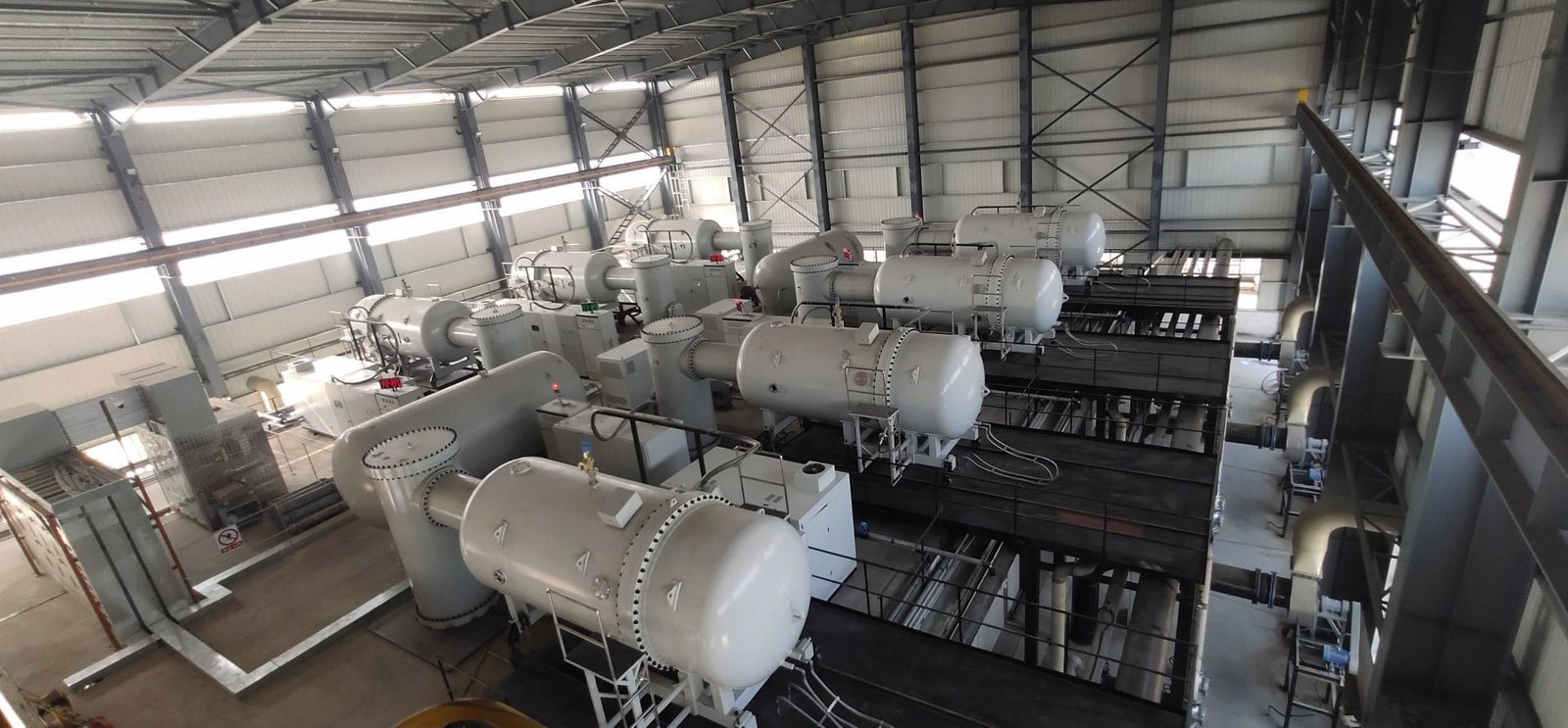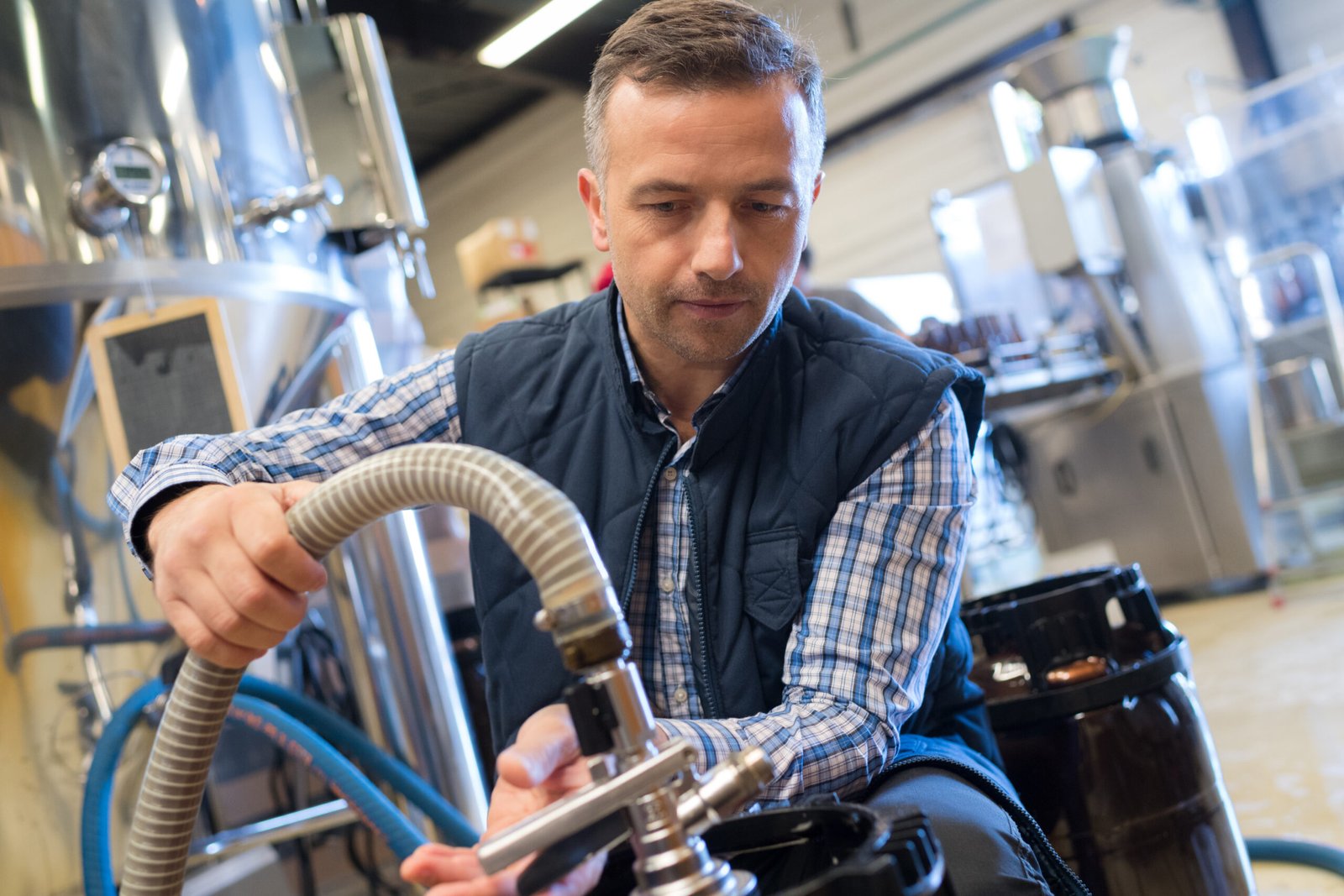Wastewater Treatment Engineering

Wastewater treatment engineering is a critical field in the USA, responsible for designing, implementing, and maintaining systems that ensure the safe and effective treatment of wastewater before it is released back into the environment. Various types of engineering work are required to accomplish this vital task:
Civil Engineering: Civil engineers play a pivotal role in designing the infrastructure of wastewater treatment plants, including the construction of treatment facilities, pipelines, and storage tanks. They also ensure that these structures meet environmental regulations and standards.
Environmental Engineering: Environmental engineers are responsible for developing wastewater treatment processes that are both effective and environmentally sustainable. They focus on minimizing the impact of treated effluent on ecosystems and human health.
Chemical Engineering: Chemical engineers work on the chemistry of wastewater treatment, developing processes for removing contaminants, such as heavy metals and organic pollutants, through chemical reactions and advanced oxidation techniques.
Mechanical Engineering: Mechanical engineers design and maintain the mechanical equipment within wastewater treatment facilities, such as pumps, valves, and aeration systems. They ensure that all equipment runs efficiently to treat wastewater effectively.
Electrical Engineering: Electrical engineers handle the electrical systems and automation required for wastewater treatment plants. This includes supervisory control and data acquisition (SCADA) systems for monitoring and controlling the treatment process.
Biological Engineering: Biological engineers focus on biological treatment methods, like activated sludge processes, biological nutrient removal, and biofilm reactors, which use microorganisms to break down organic matter and pollutants in wastewater.
Structural Engineering: Structural engineers ensure the stability and integrity of the wastewater treatment plant’s physical structures, such as tanks, buildings, and supporting infrastructure.
Role of Engineering Companies in Wastewater Treatment
Engineering firms in wastewater treatment have a multifaceted role that encompasses various critical aspects of the planning, design, construction, and maintenance of wastewater treatment systems. Here’s a more detailed breakdown of their roles:
Preliminary Studies and Feasibility Assessments: Engineering firms conduct comprehensive studies to assess the feasibility of wastewater treatment projects. This includes evaluating the environmental impact, regulatory compliance, and cost benefit analysis to determine the viability of the project.
Conceptual and Detailed Design: They create both conceptual and detailed designs for treatment facilities. This involves selecting the appropriate treatment processes, determining the plant’s layout, and specifying the equipment and technologies to be used.
Regulatory Compliance: Engineering firms play a crucial role in ensuring that wastewater treatment systems meet all federal, state, and local regulations. They navigate the complex landscape of permits and approvals, ensuring that the project remains compliant throughout its life cycle.
Construction Management: Many firms are involved in the construction phase, overseeing the building of treatment facilities. They manage contractors, monitor progress, and ensure that construction adheres to the project’s design and quality standards.
Equipment and Technology Selection: Firms select and procure the necessary equipment and technologies for wastewater treatment. This includes pumps, filters, aeration systems, and chemical dosing equipment, among others.
environmental impact Assessment: Engineering firms assess the environmental impact of wastewater treatment processes and work to minimize any adverse effects on the ecosystem. This may involve habitat restoration and preservation efforts.
Operation and Maintenance Planning: They develop comprehensive operation and maintenance plans to ensure that the treatment facility operates efficiently and cost effectively. This includes preventive maintenance, routine inspections, and staff training.
Energy Efficiency and Sustainability: Firms focus on improving energy efficiency and sustainability in wastewater treatment. They seek innovative solutions to reduce energy consumption and minimize the carbon footprint of the treatment process.
Innovation and Research: Leading engineering firms engage in research and development activities to discover new technologies and methodologies for more effective wastewater treatment. They constantly strive to improve the industry’s standards and practices.
USA National vs. Regional Engineering Firms in Wastewater Treatment Engineering
National and regional engineering firms both play essential roles in wastewater treatment engineering, but they differ in various aspects:
National Engineering Firms:
Scale and Resources: National firms typically have larger budgets and access to more resources, allowing them to take on extensive projects with greater complexity and financial requirements.
Expertise and Specialization: National firms often have specialized teams for different aspects of wastewater treatment engineering, providing a wide range of expertise.
Regulatory Compliance: They tend to have a deeper understanding of the complex web of federal and state regulations, which is critical for managing nationwide projects.
Regional Engineering Firms:
Local Knowledge: Regional firms have a strong understanding of local environmental conditions, which can be vital for tailoring solutions to regional challenges.
Personalized Service: They offer more personalized service and can be highly responsive to the unique needs of their local clients.
Community Engagement: Regional firms are often deeply involved in their local communities, which can facilitate smoother permitting and regulatory processes.
Notable National Engineering Firms and their focus areas:
- Carollo Engineers
Carollo Engineers is a well-known and respected engineering firm in the United States, specializing in water and environmental engineering. They are particularly renowned for their expertise in water treatment, wastewater treatment, and water resources management. Carollo Engineers provides a wide range of services related to the planning, design, and construction of water and wastewater treatment facilities, as well as environmental consulting services.
- Black & Veatch:
Black & Veatch is a global engineering, consulting, and construction company specializing in water and wastewater treatment. They are renowned for their expertise in developing innovative solutions to water challenges, with a focus on sustainable, efficient, and resilient treatment systems.
- Stantec:
Stantec is a global professional services company that provides a wide range of services, including engineering, architecture, environmental consulting, and various other design and consulting services. The company is involved in projects across various industries, including water and wastewater treatment, transportation, infrastructure, buildings, and environmental services.
- CDM Smith:
CDM Smith is a multi-disciplinary firm providing services in the design, construction, and operation of wastewater treatment facilities. They have a strong emphasis on sustainable and resilient infrastructure solutions, ensuring that their projects meet the highest environmental and regulatory standards.
- GHD:
GHD is known for its holistic approach to water and wastewater management. Their services encompass engineering, environmental consulting, and construction management. They prioritize sustainability, resilience, and innovative technologies in their projects.
Regional Engineering Firms and their focus areas:
- Woolpert:
Woolpert is a regional firm specializing in water and wastewater engineering services. They work closely with local municipalities to develop cost-effective and sustainable solutions for water treatment and infrastructure projects.
- Weston & Sampson:
Weston & Sampson provides environmental and infrastructure solutions at a regional level. They have expertise in wastewater treatment system design, operations, and maintenance, with a commitment to improving the quality of life in local communities.
- Murraysmith:
Murraysmith is known for its expertise in water resources and wastewater engineering. They often partner with local communities to address water-related challenges and develop sustainable and efficient solutions, focusing on environmental stewardship.
- Tetra Tech:
Tetra Tech offers environmental consulting and engineering services, including regional wastewater treatment projects. They are dedicated to delivering innovative, sustainable, and cost-effective solutions that address complex environmental and infrastructure challenges.
These firms, both national and regional, play vital roles in the wastewater treatment industry, contributing to the development and maintenance of essential infrastructure that protects public health and the environment. Their diverse expertise and innovative approaches drive progress in the field of wastewater treatment engineering in the USA.
In conclusion, wastewater treatment engineering in the USA is a multifaceted field, requiring various types of engineering expertise to design, build, and maintain effective treatment systems. National and regional engineering firms each have their unique strengths and areas of focus, contributing to the overall success of wastewater treatment projects across the country.




